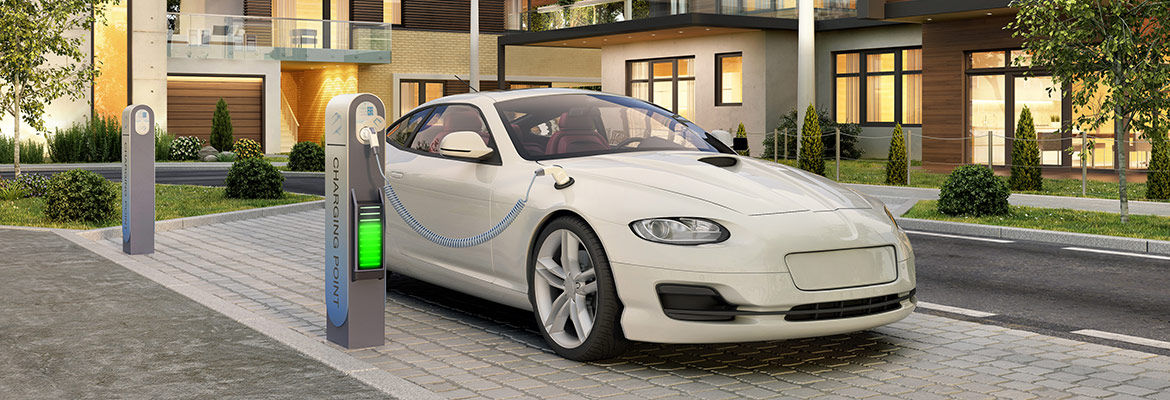Navigating the Road of Vehicle Shipping
Posted on 06/26/2025
4 min to read
Planning a move? 1,000,000+ vehicles shipped to all 50 states, 250,000+ happy customers a year, and over 100,000+ reviews and counting! Give us a call today!
Select category
Posted on 03/26/2025
Buying a used car has become easier than ever thanks to an abundance of online resources and the explosion of app-based car-buying services. Many of the newer services act as a one-stop shop to buy cars directly and have them delivered, providing a more streamlined buying process. To keep up…




